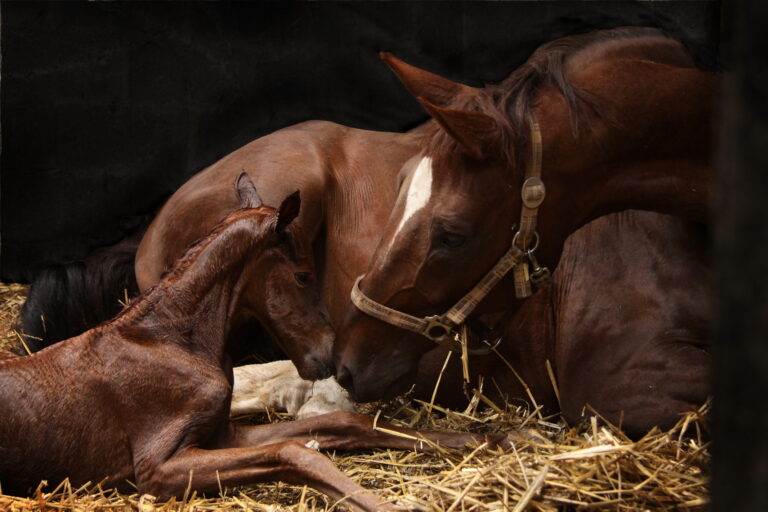
The American Horse Publications (AHP) conducted an online nationwide survey in 2018 sponsored by Zoetis. Over 9,000 responses were evaluated. The bulk of the respondents (70.5%) were over 45 years of age. Over half of all respondents reported that only one member of the household was involved with the horses; a third reported two household members had involvement with horses.
Nearly 69% of respondents use their horses for pleasure and trail riding, which is fewer than the approximately 73% from 2010, 2012 and 2015 surveys. More horses (31.3%) are considered idle or retired. Dressage enthusiasts numbered 27%. Nearly one-quarter of survey participants engage in lessons or training. Nearly 40% of those surveyed had no intention of participating in competition. Those interested in competition planned on participating in an average of more than eight events that year.
A key concern of the respondents was related to land issues; for example, loss of trails and equestrian recreational and competition areas due to development.
Asked to identify the top three sources of general horse information, 67% rely on equine magazines, 65% on company or product websites and 60.2% on social media.
The cost of horsekeeping is stated as the primary concern for horse owners in this survey. Feed costs were reported by 57.3% as the most expensive part of horse keeping, with 41% naming veterinary services and 34.7% listing animal health products as significant expenses. Labor costs are also of concern. To help reduce general horsekeeping costs, horse owners plan on attending fewer competitions, finding ways to increase personal income, and also reducing the number of horses in their stable.
Equine Health Responses
Horse health care responses by those surveyed are of interest to equine veterinarians. Three-quarters of the respondents keep at least one horse on their property while 45% board at least one horse elsewhere. For horses on their own property, 94% said they make their own horse health care decisions; 50% when the horse is boarded at another facility.
Veterinarians administered vaccines for 63%. Only 2% of respondents do not vaccinate their horses at all.
The study reported: “Horse owners/managers frequently discuss what their horse is being vaccinated for (79.2%) with their veterinarian. About 47.4% discuss the number of vaccines their horses will receive, and 44.6% discuss what to expect when vaccinating. 46.7% of respondents report discussing AAEP vaccination recommendations with their veterinarians, which represents a substantial increase from 27.3% in the 2015 study.”
The good news is that 80% immunize against the AAEP-recommended core diseases (rabies, WNV, WEE, EEE and tetanus) at least annually. The same number also immunize against influenza and rhinopneumonitis annually, while 20% of those immunize twice yearly against these two respiratory viruses. Nearly three-quarters of respondents rely on their veterinarians’ influence for equine vaccine purchase; others are price conscious.
Concern about parasite drug resistance was on the minds of 80% of respondents. Nearly half of respondents involve their vet in deworming protocols, and more people are deworming less frequently as a result of implementing targeted deworming. Veterinarians performed fecal egg count testing for 63% of respondents, although 78% of veterinarians recommended doing this test. As to dewormer classes used, ivermectin (70%) is most used, followed by ivermectin with praziquantel. The third most popular dewormer was single dose fenbendazole.
For horse surveyed horse owners using complementary therapies, 60% of respondents used at least one form with the most popular therapies being chiropractic (42.8%), massage (32.5%) and acupuncture (17.5%).
Overall, the survey revealed that compared to the economic recession of a decade ago, “the equine industry has firmly stabilized.”








